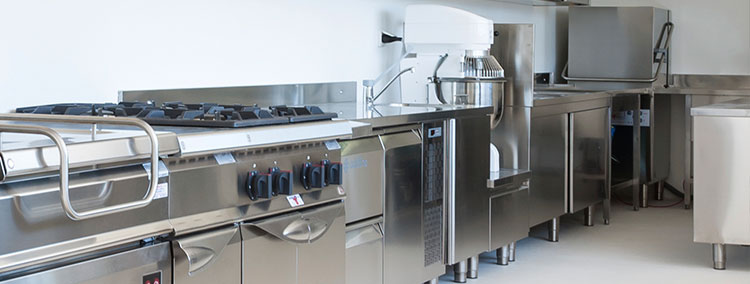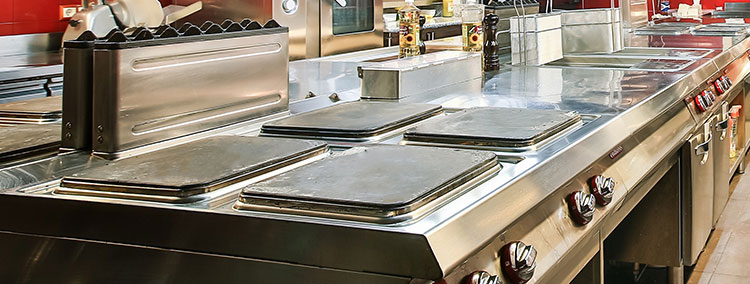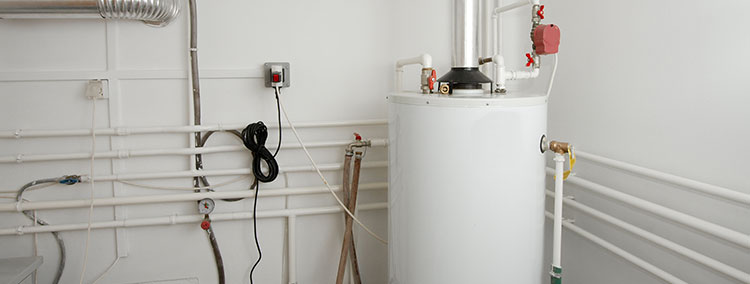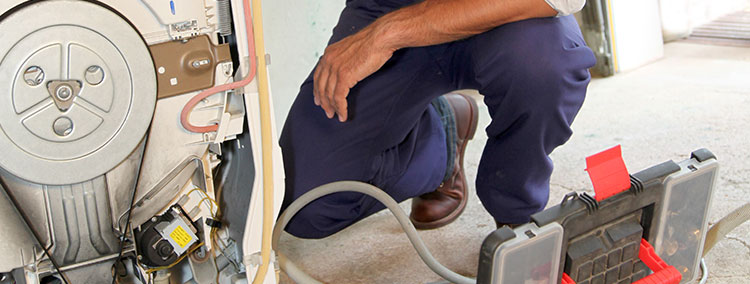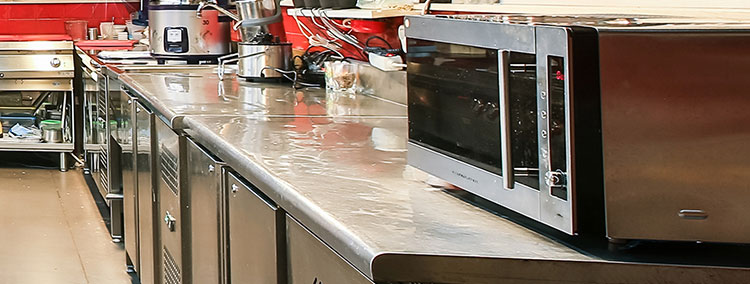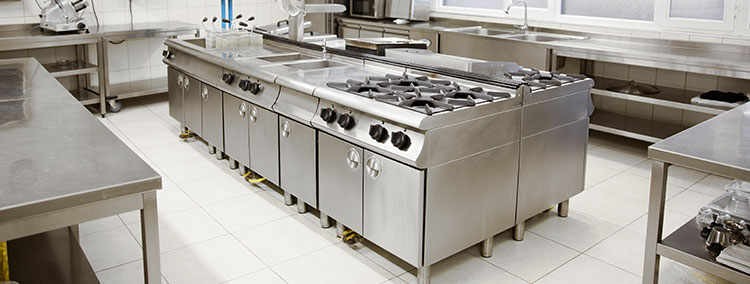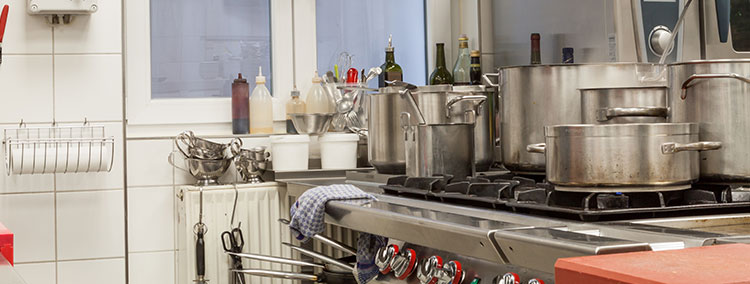Your dishwasher has one job: to turn a messy kitchen full of plates, bowls, cups, and utensils into a rack full of gleaming clean dishes.
More than half of the households in the United States with dishwashers use the equipment at least once a week, and there’s a strong probability that most are making some frequent blunders.
To have an easy time with your appliance and ensure that it lasts for a long time, you need to avoid these frequent dishwasher blunders.
Avoiding the mistakes will also keep a dishwasher repair professional away, clean your dishes, and extend your appliance’s life.
Failing to read the labels
Many people using their dishwasher for the first time have the impression that they can put anything inside. This is wrong as the dishwasher might end up harming your dishes instead of cleaning them.
The drying cycle’s heat may harm wood utensils like cutting boards, making them crack or warp. The dishwasher will dull sharp knives and blades for food processors and other kitchen units.
Before using the dishwasher, ensure the item you put inside is safe.
You should be cautious against putting stemware or other delicate glass in the dishwasher. The reason for this is that not only are the glasses at risk of breaking, but the broken glass can cause havoc on the equipment. A shard of glass could get caught in the pump and cause damage.
If any of the units you are looking to clean aren’t dishwasher safe, handwash them.
Pre-rinsing the dishes
Avoid running a scrub brush across your plates before loading them into the dishwasher. Although 75% of homeowners admit to pre-rinsing their dishes, the habit can backfire, especially when you overdo it.
The soap you use needs to bind to little food bits and sauces. Food particles almost act as an abrasive to assist the soap in knocking loose [foods] that are a little more baked on.
Prerinsing eliminates food pieces, which might cause detergent to bond to the porous surfaces of the dishes instead, leaving a film on your plates.
Skipping the rinse saves more than just time. Rinsing the dishes before filling the dishwasher uses up to 20 gallons of water — before you even turn on the machine.
Even if the food is caked on, using the dishwasher’s rinse feature consumes significantly less water than rinsing the dishes under the faucet to soften and remove extra food.
Instead of pre-rinsing the dishes, scrape off the extra food particles.
Improper loading
How you load your dishwasher affects how it works and interferes with cleaning.
For the best outcome, you need to load your appliance properly.
Put silverware in flatware baskets or racks; spoons and forks with the handles facing down. You should load the knives with the handles facing up to avoid blade injuries.
Plates and bowls belong on the bottom rack, while glasses and mugs go on top. Load your glasses between the tines of the rack, not on top of them.
Putting the glasses over the tines can cause spotting or stress on the glass, and you could end up with broken glasses. Spatulas, serving spoons, and other large utensils are best when hand-washed rather than placed on the top rack.
Water pressure will move the food items, and they can block the spray arm if they fall. And if something gets in the way, you’ll only be washing a handful of dishes for the duration of the cycle.
Putting detergent in the wrong place
Dishwasher detergent, powder or liquid, is placed in the dispenser, but there is considerable controversy about where to place detergent pods.
Many people think they should put the detergent pods into the bottom of the dishwasher rather than in the dispenser. This is wrong.
The reason for this is that dishwashers have separate rinse and wash cycles. When you put the detergent pod in the bottom of the dishwasher, the soap is flushed down the drain before the wash cycle begins.
The best way to go about it is to check when the manufacturer recommends it.
Overloading the dishwasher
Don’t approach your dishwasher like a Tetris game, stacking and balancing as many dishes as you can on the racks. This is because you often need more time to overload the machine.
Whenever you overload a dishwasher, you’ll first notice that your dishes will have a lot of soap scum or haze.
This is because having too many dishes prevents them from receiving enough water flow to rinse them thoroughly.
To avoid overloading your appliance, consult the user handbook for your dishwasher. Dishwashers vary in capacity and layout, so it’s critical to understand what your unique model can handle.
When loading the dishwasher, use the dishwasher’s racks and compartments to distribute the dishes evenly.
Place plates, pots, and pans on the bottom rack, while glasses, cups, and other smaller objects are on the top rack. Ensure that the sprayer arms on the dishwasher can freely revolve.
Ignoring the manual
There’s no disputing that information on dishwasher parts and features, as well as the filtration system, isn’t fascinating to read, but scanning the handbook — or at the very least keeping it available — is important.
It’s an amazing resource for troubleshooting information, detergent and rinse agent recommendations, and phone numbers for service or advice.
Have you already discarded the manual? You can get the manual online by entering the manufacturer’s name and model number.
Find the manual and always use it whenever you doubt how to use the machine or fix an issue properly.
Ignoring the filter
Most homeowners are unaware that their dishwasher has a filter, but it’s there. It’s under the dishwasher’s bottom rack and needs some cleaning.
Check the appliance manual for cleaning guidelines for your dishwasher filter. Then, take it out, rinse it with water, and clean it with a wire brush to remove any calcification before returning it.
It only takes a few seconds and will make your dishes cleaner.
Ignoring problems
Even the best-maintained appliances break down. Many homeowners ignore minor issues, which is wrong. This is because the minor issues worsen to the extent that the appliance stops working.
To avoid this, you should keep your eyes out for the issues, even the smallest ones. If you don’t have the repair skills, get in touch with experienced appliance repair Alexandria professionals.
Parting shot
Reading the handbook, reconsidering how you load the dishwasher, where you put the detergent, and how you manage maintenance can improve the appearance of your dishes while also extending the life of your device.
Avoid the above mistakes, and you will be on your way to an optimal functioning appliance.

